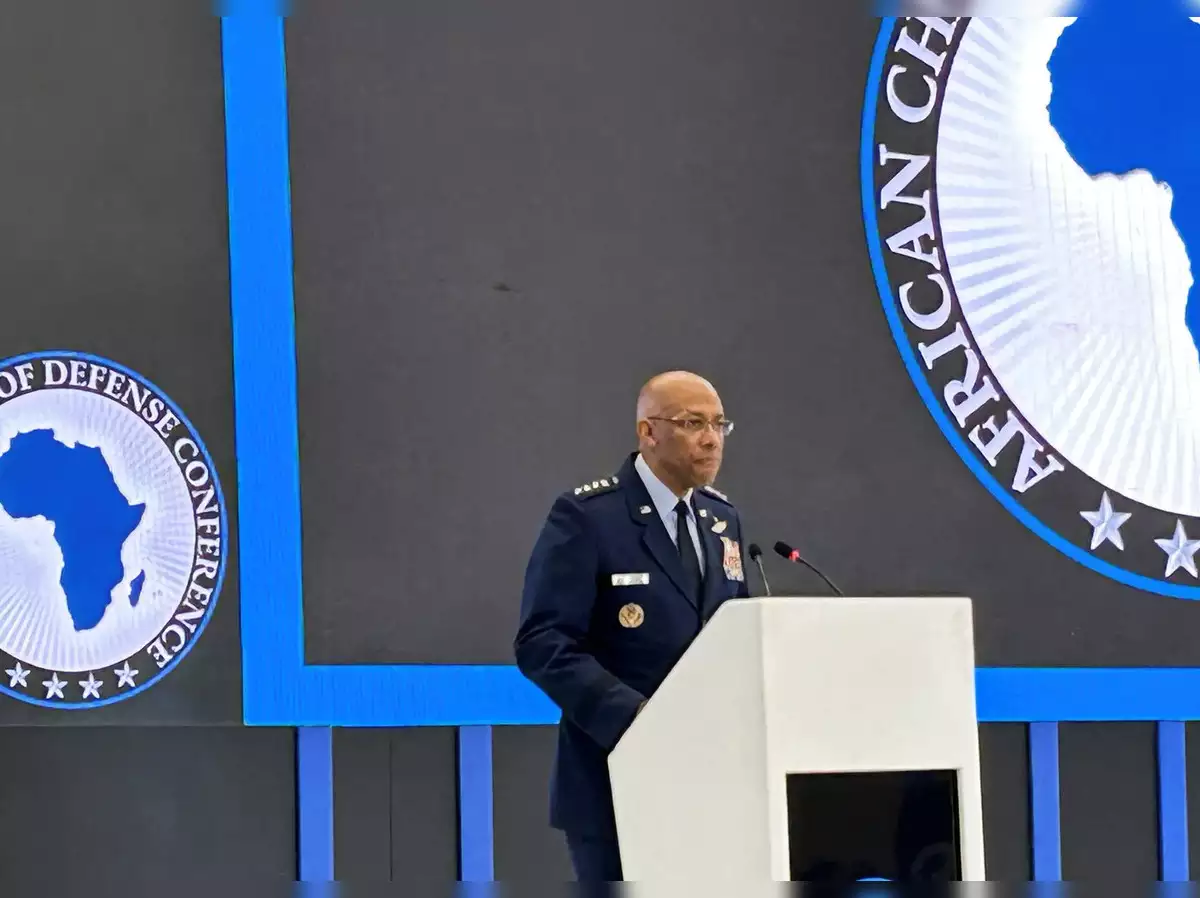Middle East Visit
The top U.S. general, Air Force General C.Q. Brown, chairman of the Joint Chiefs of Staff, began an unannounced visit to the Middle East on Saturday, aimed at addressing rising tensions and exploring measures to prevent any escalation that could lead to a broader conflict.
This visit comes at a time when the region is on high alert, particularly due to a threatened Iranian attack against Israel.
General Brown’s trip commenced in Jordan, and he plans to visit Egypt and Israel in the coming days. His primary objective is to gather insights from military leaders in these countries about the current situation and discuss strategies to deter any further escalation.
The backdrop of his visit is the ongoing war in Gaza, where efforts are being made to secure a ceasefire between Israel and the Palestinian militant group Hamas.
Brown emphasized that achieving such a ceasefire would significantly “help bring down the temperature” in the region.
As the United States continues its diplomatic efforts to mediate a ceasefire-for-hostages deal, the conflict has already caused widespread devastation in Gaza, sparked clashes between Israel and Lebanon’s Hezbollah, and led to attacks by Yemen’s Houthis on Red Sea shipping.
In addition, U.S. troops stationed in Syria, Iraq, and Jordan have been targeted by Iran-aligned militias.
The Biden administration is focused on mitigating the conflict’s fallout and has been reinforcing U.S. military presence in the Middle East to guard against potential major attacks by Iran or its proxies.
This includes deploying the Abraham Lincoln aircraft carrier strike group to the region, replacing the Theodore Roosevelt carrier strike group, and sending an Air Force F-22 Raptor squadron and a cruise missile submarine to bolster defenses.
General Brown underscored the importance of these deployments, stating that they serve as a strong deterrent against a wider conflict and are crucial for protecting American forces in the region. He highlighted that the protection of U.S. troops remains a top priority.
The situation is further complicated by Iran’s vow to retaliate for the recent killing of Hamas leader Ismail Haniyeh, which Tehran has blamed on Israel.
Although Israel has neither confirmed nor denied involvement, Iran’s response is highly anticipated. Hezbollah, an ally of Iran, has also threatened retaliation following the killing of a senior commander in Beirut.
General Brown noted that U.S. officials are closely monitoring intelligence and force movements for any signs of impending Iranian action.
He also plans to discuss potential scenarios with his Israeli counterpart, particularly in response to any actions from Hezbollah or Iran.
The current conflict in Gaza, which began on October 7, 2023, has led to significant loss of life and widespread displacement.
The initial attack by Hamas resulted in the deaths of around 1,200 Israelis and the abduction of approximately 250 hostages.
Since then, Israel’s military campaign has caused severe humanitarian suffering in Gaza, with nearly all of the enclave’s 2.3 million residents displaced, and at least 40,000 people killed according to Palestinian health authorities.
I am a dynamic professional, specializing in Peace and Conflict Studies, Conflict Management and Resolution, and International Relations. My expertise is particularly focused on South Asian Conflicts and the intricacies of the Indian Ocean and Asia Pacific Politics. With my skills as a Content Writer, I serve as a bridge between academia and the public, translating complex global issues into accessible narratives. My passion for fostering understanding and cooperation on the national and international stage drives me to make meaningful contributions to peace and global discourse.










